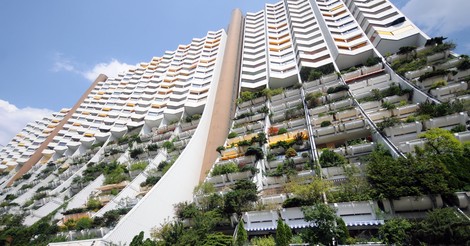Your podcast discovery platform
Curious minds select the most fascinating podcasts from around the world. Discover hand-piqd audio recommendations on your favorite topics.

piqer for: Globalization and politics Global finds
Freelance journalist based in Istanbul. Keeping an eye on Turkish politics and development.
62 Percent Of Vienna's Citizens Live In Subsidized Apartments
Vienna's public housing is an example of progressive planning policy and sustainable design: from "car-free" projects where parking space leaves room for bicycle repair shops or play areas for children, to recycling rainwater to flush toilets and irrigate gardens.
Anyone making less than $53,225 a year after taxes can apply to have a social home, with a one-room apartment costing around $350.
"According to the municipality, 62 percent of Vienna’s citizens currently live in social housing."
Both low incomes and broad middle class in Vienna have access to public housing.
By comparison, in the United States, "federal government housing policies assist only about one in four of the nation's poorest households."
One of the consequences of affordable housing is, according to some interviewees, that people have more time to be creative, study, and get involved in community work, as they are not crushed by their rents. "On average, tenants in Vienna spend 27 percent of their income on rent." In contrast, a study found that in New York City the median rent amounts to 58.4 percent of median income.
However, not everything is plain and simple in this story. The growing number of refugees arriving in Austria has led to a new right-wing coalition government and growing pressure on public resources, with some wondering if public housing should be for everybody, including refugees.
Stay up to date – with a newsletter from your channel on Global finds.
